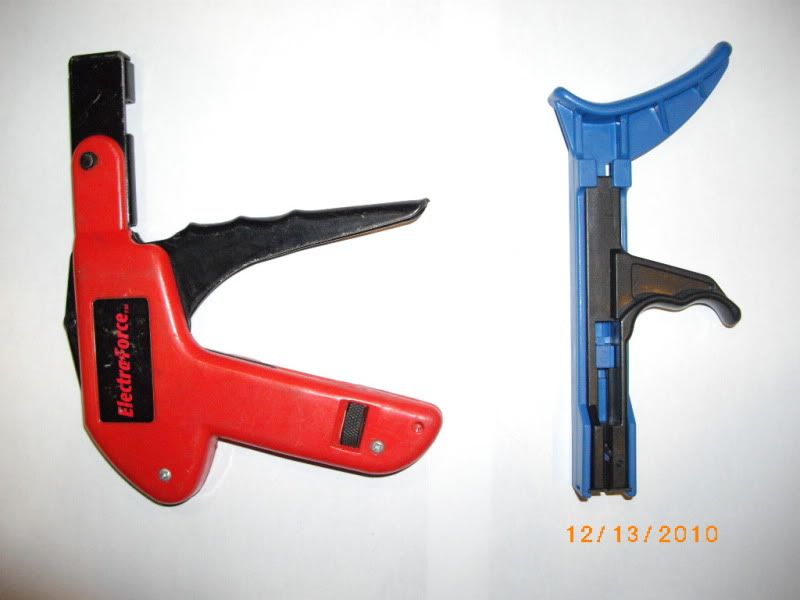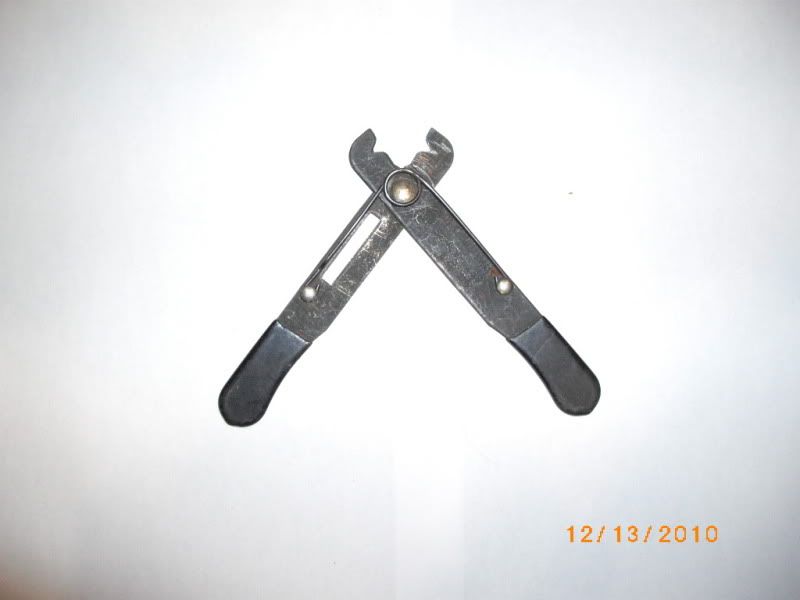
Quote:
Originally Posted by Bruce

One thing too is i've always used the "hose" style zip ties for marine fuel hookups.. They are easy to remove, they hold an even pressure all the way around the fuel line, and they do not dig into the rubber like the metal ones do.. Maybe pick you up a bundle of those when you do the repair.
|
I agree with Bruce on the nylon ties. Three things make the job really simple. One, buy only quality nylon ties. (T&B are my favorites) Two, buy a tie tightener. (Either one is less than $15 at Harbor Freight. I like the red one better, but the blue one is great for tight spaces) Three, buy a wire stripper. The sharp cutters at the tip of the stripper make removing the ties a snap without nicking or cutting the hose.


Spanishmac, my thinking is that at idle and no wake speed the engine gets enough fuel to run smoothly, but as soon as you nail the throttle the extra vacuum from the engine starts pulling air into the carb at the leak, causing the engine to bog. The leak will also cause you to lose prime while sitting, again due to air entering the fuel delivery system. I might not be 100% on this, but it sounds logical to me. Fix the leak and I'll be willing to bet you fix the problem. At the very least you will be 1000% safer from fire than having raw fuel squirting around inside your engine cowling. 
__________________
1987 V20 w/1987 150HP Yamaha on a Shoreland'r Trailer
1978 16.5 Airslot w/1996 120HP Force on a Four Winns trailer
1996 V21 w/1993 200HP Mercury on a Shoreline Trailer
All towed by a 5.7L Hemi Durango.
If God didn't have a purpose for us we wouldn't be here, so
Live simply, Love generously, Care deeply, Speak kindly.
(Leave the rest to God)  Silence, in the face of evil, is itself evil. Not to speak is to speak, not to act is to act. God will not hold us guiltless.
Silence, in the face of evil, is itself evil. Not to speak is to speak, not to act is to act. God will not hold us guiltless.
Last edited by Destroyer; 02-06-2011 at 12:57 AM.
|